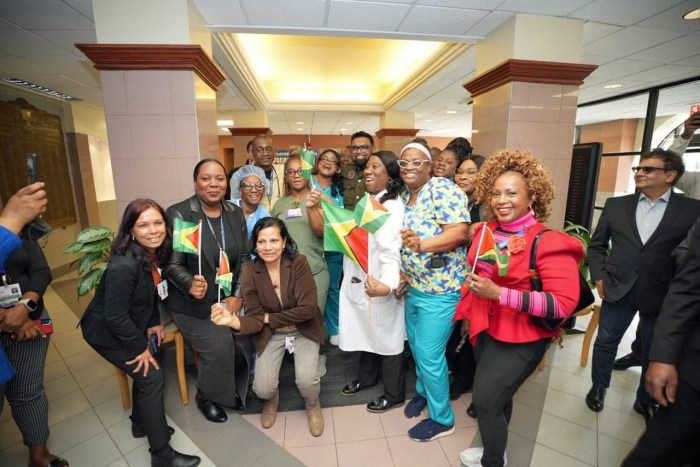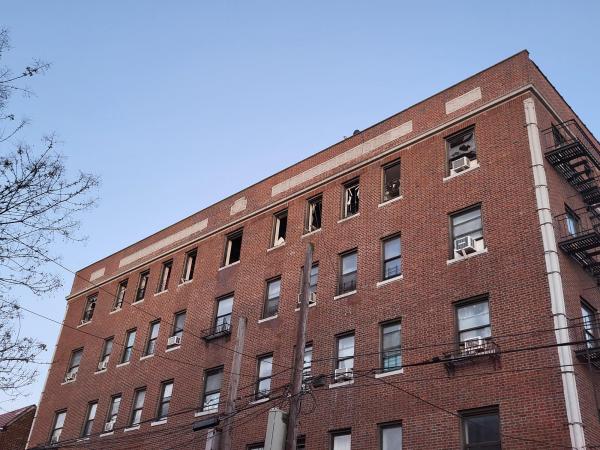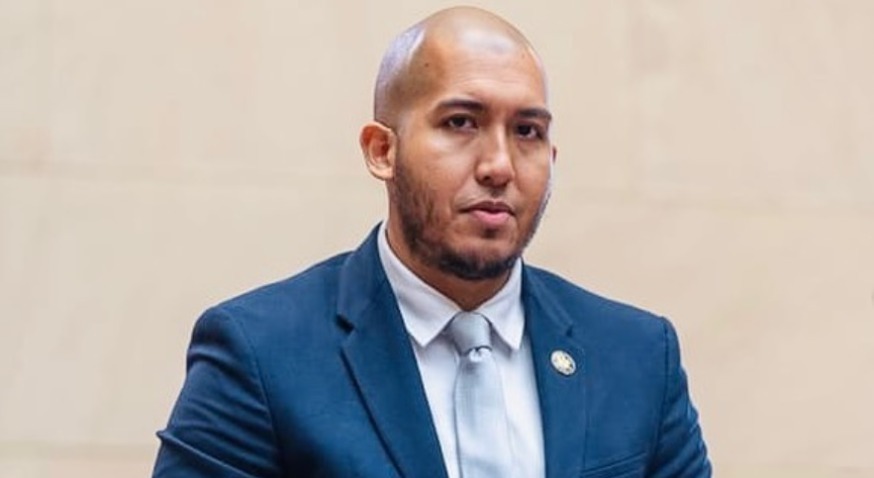Governor Andrew M. Cuomo on Nov. 19 announced an $8.2 million grant from FEMA to provide a Crisis Counseling Assistance and Training Program called ‘Project Hope’ for New Yorkers in the hardest hit areas of Hurricane Sandy. The State Office of Mental Health (OMH) applied for the grant which will provide outreach, crisis counseling and educational services to individuals in New York City, Long Island and the Lower Hudson Valley. As the state continues to recover from the storm, the program will receive additional funding to expand.
Project Hope is administered through an interagency federal partnership between FEMA and the Substance Abuse and Mental Health Services Administration (SAMHSA). The program will be collaboration between state and local governments. It is expected to employ nearly 1,000 trained crisis counselors throughout the impacted regions to help traumatized individuals understand their situations, regain a sense of control, identify and express emotions, adjust to the disaster, manage stress, and take action with the use of coping strategies and community resources. These crisis counselors will join the nearly 100 OMH Disaster Mental Health staff members currently operating in Disaster Recovery Centers throughout the state.
New York State residents experiencing emotional distress as a result of Hurricane Sandy can access free, confidential crisis counseling 24/7 by calling LifeNet 800-543-3638.
“Hurricane Sandy wreaked destruction on our buildings and roads – but the impact was not only physical,” Governor Cuomo said. “The storm turned the lives of thousands of New Yorkers upside down, inflicting damage that was also emotional and mental. Project Hope will provide mental health support for New Yorkers in the hardest hit areas of the state, and I encourage those who may be experiencing trauma or simply need to talk to someone to call for help. I thank the federal government for their assistance.”
Project Hope seeks to help victims of Hurricane Sandy recognize that, in most cases, their emotional reactions are normal. Crisis counselors will use the proven practices of Psychological First Aid, which uses relationship-based contact to provide secure and comfortable settings for victims to recover and obtain information, assistance and referrals. Project Hope aims to help thousands of New Yorkers return to their levels of functioning and mental health from before the storm.
Adults with persistent distress from a trauma may show signs of irritability, poor concentration, low mood and hopelessness, isolation, discouragement and uncertainty about the future, persistent grief over their losses, nightmares and flashbacks, new or worsening health problems and alcohol, tobacco and drug abuse. Children, especially those separated from their families, who lost family or friends, or who needed to evacuate or relocate may develop persistent traumatic responses and act younger than their age, perform poorly in school, be isolative, engage in risky behaviors and even get in trouble with the law.
If you or someone you know is experiencing any of the above signs of trauma from Hurricane Sandy, please encourage them to get help immediately. The faster they get the help they need, the faster they can recover and rebuild their lives.
Kristin M. Woodlock, acting commissioner of the New York State Office of Mental Health, said, “The New York State Office of Mental Health has a proud track record of providing comfort and healing to the emotional wounds of New Yorkers. Whether responding to the impacts of attacks on September 11th or natural disasters, we will be there. Offering support to those who lost their homes, livelihoods or communities and importantly, helping our courageous first responders to cope with the devastation they have witnessed.”
Michael Byrne, Federal Coordinating Officer at the Federal Emergency Management Administration, said, “We recognize the impact that disasters can have on survivors, and grants like these offer valuable opportunities for the state and local communities to help their residents cope with the aftermath.”
Dr. Thomas Farley, commissioner of the New York City Department of Health and Mental Hygiene, said, “Project Hope will provide vital supports to help New Yorkers cope with these traumatic experiences and rebuild their lives. The New York City Department of Health & Mental Hygiene is proud to partner with our State colleagues in this critical effort.”
Ed Mangano, Nassau County Executive, said, “The devastation of Hurricane Sandy will be felt by many residents long after the debris is cleared and power restored to our neighborhoods. This program will be available to those who may need help in dealing with the stress and trauma of Hurricane Sandy.”
Steve Bellone, Suffolk County executive, said, “In addition to the wholesale destruction of homes and businesses, a disaster of Sandy’s magnitude leaves many survivors with overwhelming emotional wounds. Providing specialized crisis counseling and comfort to the many traumatized children and families struggling to piece their lives together again is critical to the long term healing of our community. I appreciate Governor Cuomo’s leadership in this sensitive area, as well as his leadership throughout this extraordinary event.”
Robert P. Astorino, Westchester County Executive, said, “So many of our residents have been devastated by the storm. This goes beyond physical damage to homes and businesses. Project Hope will help us and our agency partners assist those who are in need of emotional support.”
C. Scott Vanderhoef, Rockland County executive, said, “Scores of Rockland County residents have reported symptoms of acute stress disorder even though some may not have directly experienced the effects of Sandy. Fortunately, Rocklanders are quite resilient, and for many of these people, the symptoms will begin to abate on their own over time, as long as they have a healthy support system that enables them to talk about what happened and how they feel about it and do their best to return to as close to as normal routine as they can manage, under the circumstances. That is why we are especially appreciative to Governor Cuomo for his continual hands-on support and leadership during this disaster, and for securing needed funding for Crisis Counselors and related services for those impacted by the super storm.”

























